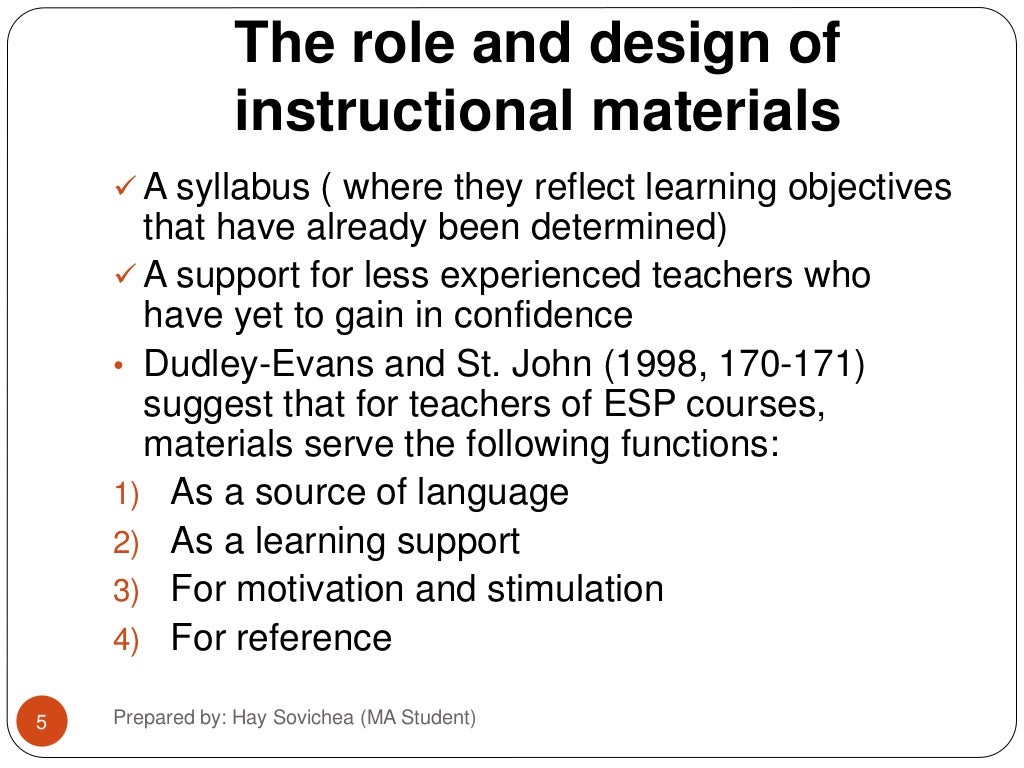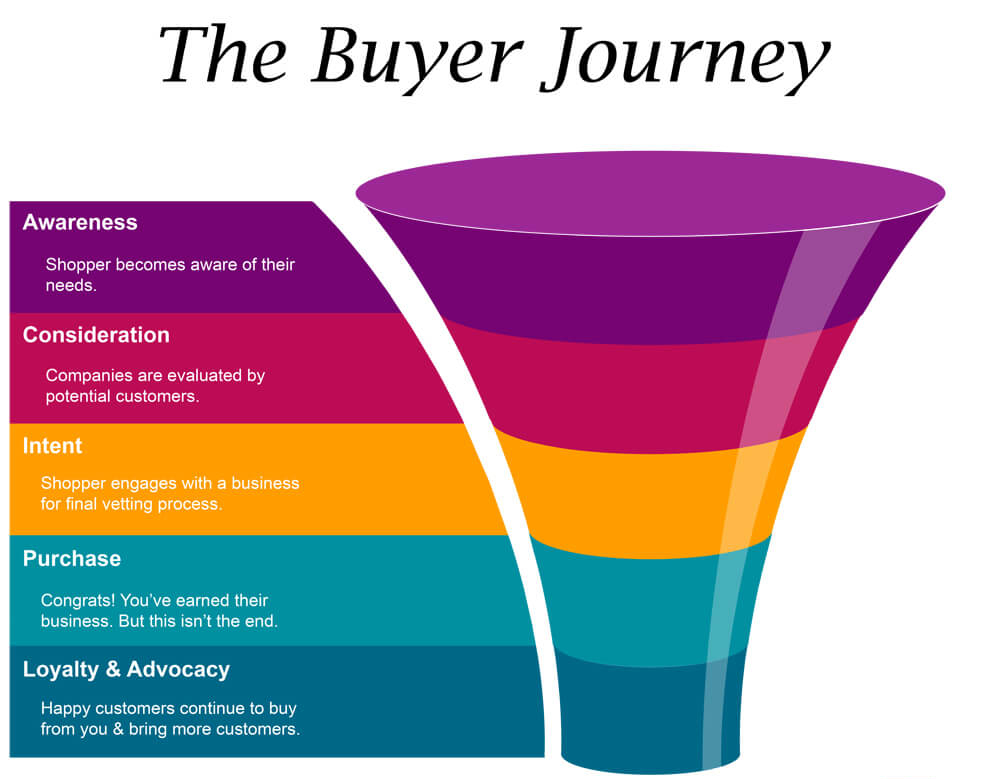The Crucial Role of Materials Buyers in the Education Industry

The education industry is a vast and complex sector that encompasses various types of institutions, from primary schools to universities. One of the key elements that contribute to the success of these institutions is the effective management of resources, particularly educational materials. In this context, materials buyers play a vital role in ensuring that students have access to the necessary resources to facilitate their learning process. In this article, we will explore the role of materials buyers in the education industry and their significance in supporting the delivery of high-quality education.
What is a Materials Buyer?
A materials buyer, also known as a procurement specialist or purchasing agent, is responsible for acquiring goods and services required by an organization. In the education industry, materials buyers are responsible for sourcing and procuring educational materials, such as textbooks, stationery, equipment, and technology. Their primary goal is to ensure that the institution has the necessary resources to support teaching, learning, and administrative activities.
Responsibilities of Materials Buyers in the Education Industry
The responsibilities of materials buyers in the education industry are diverse and multifaceted. Some of the key responsibilities include:
- Conducting Market Research: Materials buyers must conduct market research to identify suppliers of educational materials that meet the needs of the institution. This involves researching potential suppliers, evaluating their products and services, and comparing prices and quality.
- Developing Procurement Plans: Materials buyers must develop procurement plans that align with the institution’s strategic objectives. This involves forecasting demand for educational materials, identifying potential suppliers, and determining procurement strategies.
- Sourcing and Procuring Educational Materials: Materials buyers are responsible for sourcing and procuring educational materials from approved suppliers. This involves negotiating contracts, managing orders, and ensuring timely delivery of materials.
- Managing Inventory: Materials buyers must manage inventory levels to ensure that the institution has sufficient stock of educational materials. This involves monitoring usage patterns, identifying trends, and adjusting inventory levels accordingly.
- Collaborating with Stakeholders: Materials buyers must collaborate with stakeholders, including teachers, administrators, and students, to ensure that educational materials meet their needs.
- Managing Budgets: Materials buyers must manage budgets to ensure that procurement activities are within budget and aligned with institutional priorities.
- Compliance with Regulations: Materials buyers must ensure that procurement activities comply with relevant regulations, including those related to procurement processes, sustainability, and accessibility.

Challenges Faced by Materials Buyers in the Education Industry

Materials buyers in the education industry face numerous challenges that impact their ability to perform their duties effectively. Some of the key challenges include:
- Limited Budgets: Educational institutions often have limited budgets, which can make it challenging for materials buyers to source high-quality educational materials.
- Complex Procurement Processes: Procurement processes in educational institutions can be complex, involving multiple stakeholders and requiring significant administrative efforts.
- Rapidly Changing Technologies: The education industry is rapidly evolving, with new technologies emerging regularly. Materials buyers must keep pace with these changes to ensure that educational materials remain relevant and effective.
- Diverse Needs: Students and teachers have diverse needs, which can make it challenging for materials buyers to source educational materials that meet these needs.

Best Practices for Materials Buyers in the Education Industry
To overcome the challenges faced by materials buyers in the education industry, institutions can adopt best practices that enhance procurement activities. Some of the key best practices include:
- Developing Strong Supplier Relationships: Building strong relationships with suppliers can help materials buyers negotiate better prices and ensure timely delivery of educational materials.
- Implementing Effective Inventory Management Systems: Implementing effective inventory management systems can help materials buyers manage inventory levels, reduce waste, and optimize procurement activities.
- Conducting Regular Market Research: Conducting regular market research can help materials buyers stay informed about emerging trends and technologies, ensuring that educational materials remain relevant and effective.
- Collaborating with Stakeholders: Collaborating with stakeholders can help materials buyers ensure that educational materials meet the needs of students and teachers, enhancing the overall learning experience.
Conclusion
In conclusion, materials buyers play a critical role in the education industry, ensuring that students have access to the necessary resources to facilitate their learning process. By understanding the responsibilities, challenges, and best practices associated with materials buyers, educational institutions can optimize procurement activities, improve the quality of education, and enhance the overall learning experience.
